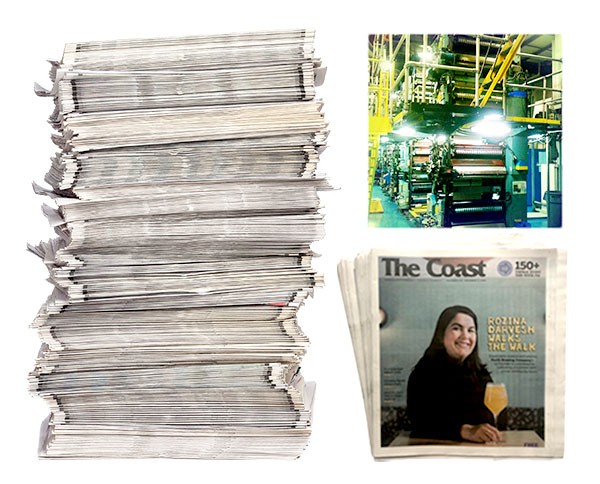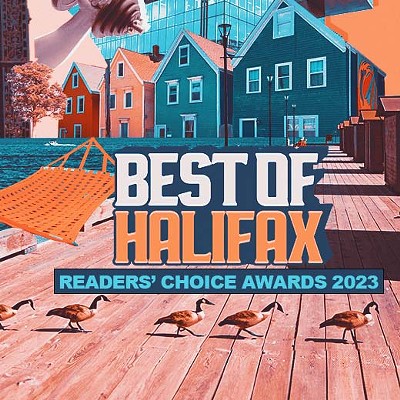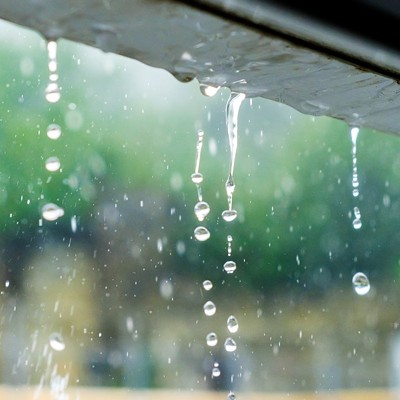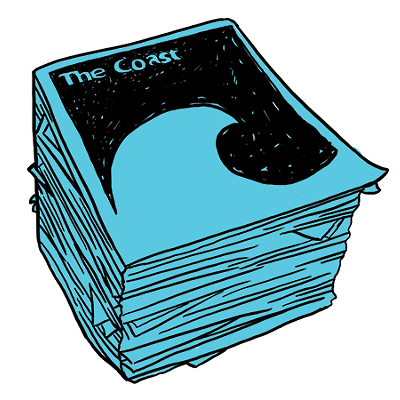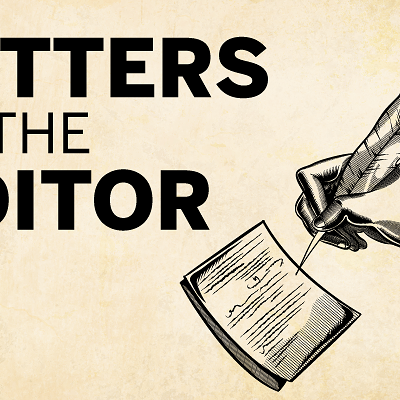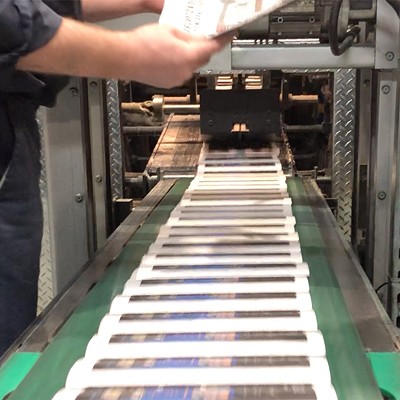The printing press is a strange, wonderful machine. You take a roll of blank paper called a web—which is sort like a toilet paper roll, only made of newsprint and so big it's moved around by forklift—and feed the leading edge into the press to begin an elaborate journey. With the unspooling roll trailing along like a paper ribbon, the web goes up, down, across, whipping through a maze of rollers and folders and cutters at high speed. Along the way the printing plates roll out the ink, pressing words and pictures onto pages. Several webs are used at once to make a newspaper, each roll going on its own manic trip through the maze before somehow coming together to emerge on a conveyor belt of nicely folded issues. The real-life press is just like you've seen in the movies (The Post does it well), its hypnotic thrum is the pulse of news flowing.
Can you tell we have the printing bug? We caught it a long time ago working at the school paper, and we doubled down by starting The Coast in 1993.
Presses are massive, expensive machines, and if you own one you want it running all the time, because that's how you make money. The Coast is a small business that produces one edition a week; instead of owning a press, we pay a printer to publish us. It's a good relationship. The printer gets to run their press a bit more on Wednesday night making Thursday's Coast, and we get a newspaper, which we pay our distribution team to deliver all over the city so you can read the stories our journalists wrote, enjoy the pictures our artists created and see the ads our advertisers paid for. It you're reading this in the paper version of The Coast, you're proof the system works. If you're reading it online, well, you should be aware the paper version is paying for most of that, too.
As publishers in Canada, we enjoy certain freedoms written into the Charter of Rights. But as journalist AJ Liebling said, "Freedom of the press is guaranteed only to those who own one." We learned this back in The Coast's early days when our printer—for the first and only time—refused to publish an article it deemed too controversial. And we were reminded again last week, in a particularly awful few days for the news business.
On Tuesday, the Toronto Star company announced it's shutting down the StarMetro chain of free daily papers across the country. TorStar executives blamed readers shifting to online and declines in print advertising for the move. When the Halifax version prints its final edition on December 20, that ends a history extending from StarMetro to plain-old Metro to its predecessor The Daily News, the feisty upstart that kept both the Chronicle Herald and local politicians on their toes for decades. StarMetro's business model allows each member of the chain a bit of local content in a larger package of national news, and Halifax is lesser for the loss of those first few pages that covered the city.
On Wednesday, the PEN free-expression advocacy organization released a report on local journalism called "Losing the News." Although it's focused on the American media landscape, the report's concerns about papers shutting down have resonance in Canada, where 250 papers have closed in the last 10 years: "Newspapers serve as 'keystone species' within local news ecosystems, providing the majority of original local reporting. The devastation of newspapers has lead to the decline of accountability reporting, the type of beat or investigative reporting that serves the public interest." While citizens "value and trust" local news sources over national ones, "only a small minority pay for local news."
On Thursday, our printer—TC Transcontinental—announced the impending "optimization of its printing platform in Atlantic Canada." That is, Canada's largest printing company is closing down its plant in PEI, and changing things at the Halifax plant to stop doing traditional newspaper printing. As of the end of January, publications including The Coast, The Dalhousie Gazette—Canada's oldest campus paper—and PEI's beloved Eastern Graphic will not have a printer.
On Friday, the bad news relented. Then the work began to find a new printer, because we are not giving up on print. And here's why you shouldn't, either.
We believe picking up a newspaper is not just about information delivery; at some level it is a tactile, real way to build community. It's something you can hold that is your own, made for Halifax by people who live here. We see each other at the grocery store, the bar, in the gym and at the show. The Coast is not an algorithm seeking to manipulate you from afar, it's an invitation to pay attention to what's happening in this city.
Since the days of Joseph Howe, Halifax has been home to the most interesting media landscape in Canada. We applaud electronic publications keeping that reputation going, like Maureen Googoo's Ku'ku'kwes News, Tim Bousquet's Halifax Examiner and AllNovaScotia, the successful paywall-guarded business site. But while these sites help the city avoid becoming a news desert, we don't think they foster the same town hall spirit that a free community newspaper like The Coast represents: A sharing of concerned voices, political ideas, city-shaping entrepreneurs and bands that you've never heard of, which helps the community get on the same page together.
Communities get stronger thanks to news sources that are visible, accessible, responsible and accountable. That's why they're baked into the Charter. We take these traditional values seriously, and as democracy itself comes under seige, we're proud to be part of the resistance: Newspapers are hard to hack, and you don't need to own a phone or have an internet connection to get one. To keep fighting the good fight, our highest priority in the immediate future is to pick the best printer for 2020. We'll keep you in the loop, letting you know what to expect as we figure out what comes next. In the meantime, if you want to show support, please keep picking up your copy of The Coast.

